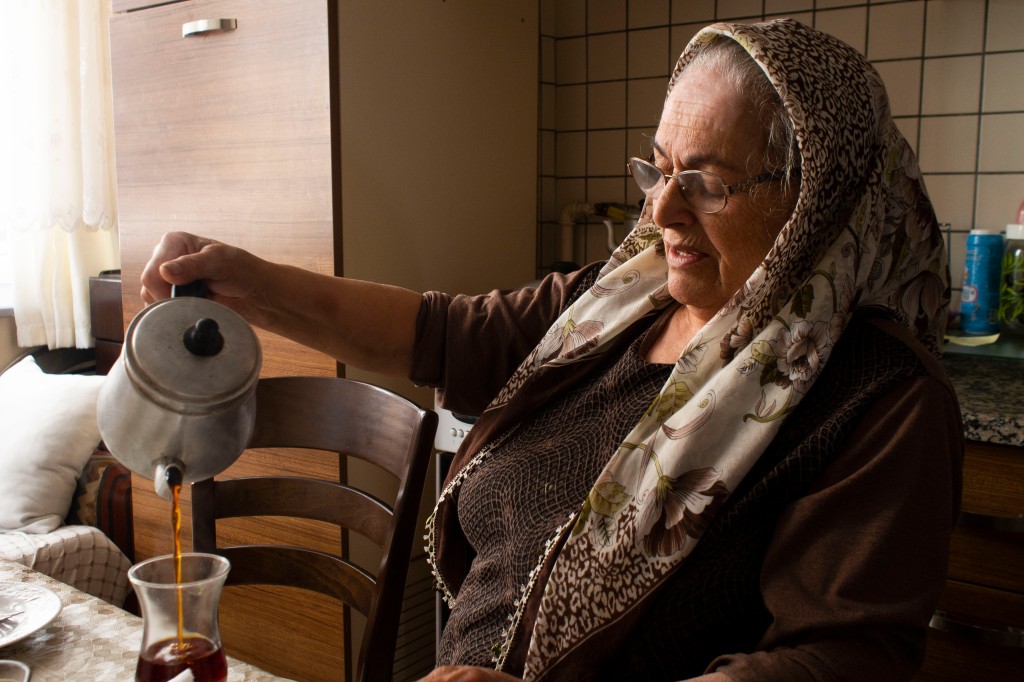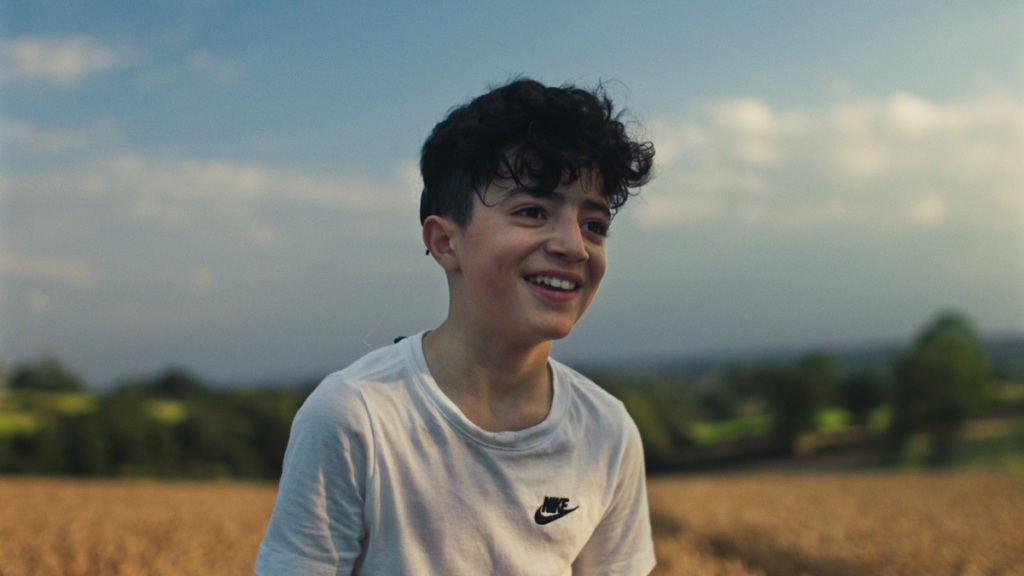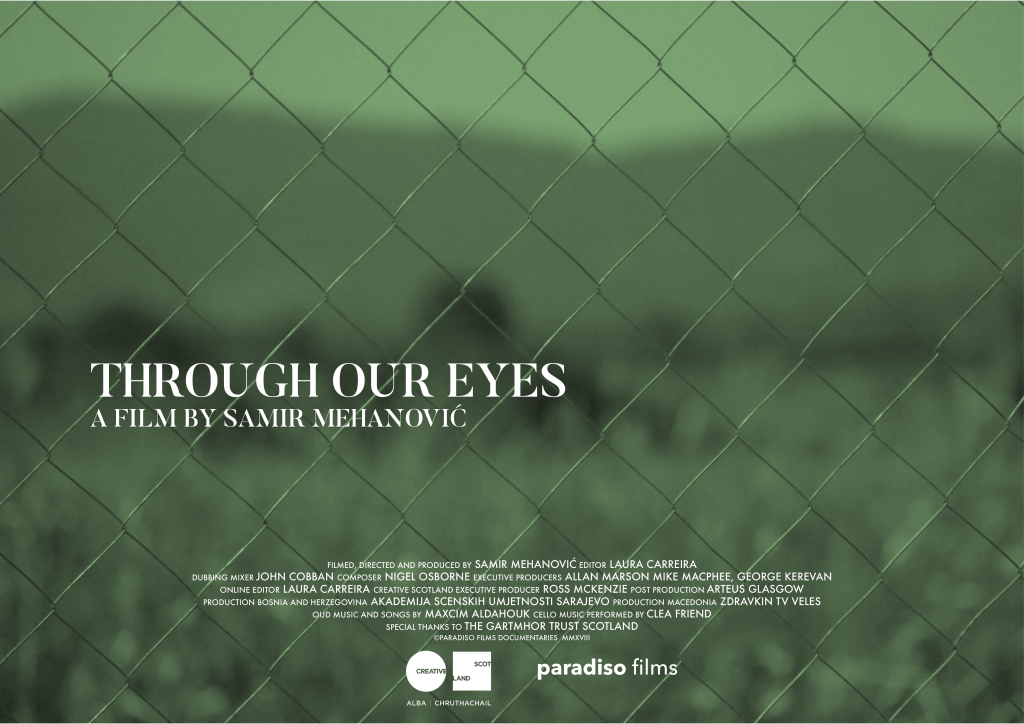When I moved to Scotland in the summer of 2015, I couldn’t have imagined the political upheavals of recent times – first and foremost Brexit– or the shock these developments would send through long-established systems of government, and the sometimes seemingly removed world of academia that I migrated to become part of.
The PhD project I came prepared with was meant to explore the ways in which ‘community’ is created and lived in a multi-ethnic and multicultural city – Glasgow – on a daily basis. To investigate the matter, I planned to tease out the role everyday meeting spaces such as cafes, public libraries, and community centres might play in the process. Through interviewing visitors as well as organizing focus groups, I thought, this would make for an interesting thesis.
Then, in June 2016, a small majority of UK citizens voted to leave the European Union. The result shocked many, including me. While the media reacted to a reported 60% rise in racist attacks in the wake of Brexit, feelings were running high in Scotland, Northern Ireland and in the city of London, where a majority had voted to remain part of the EU. In Scotland, the atmosphere was particularly tense. Newspapers, bloggers, and students reported a feeling of ‘palpable anger’ and hopelessness spreading, with Nazi stickers going up along the river Clyde, young people complaining about old people making decisions for them, people of all ages complaining about England, and protesters gathering in Glasgow and Edinburgh (Samuels 2016). Scotland’s First Minister Nicola Sturgeon seized the moment to announce that a second Scottish independence referendum was ‘highly likely’ (The Guardian 2016) and, in response to new UK Prime Minister Theresa May arguing that “Brexit means Brexit for all parts of the UK”, Sturgeon was reported angrily opposing that “Scotland’s vote trumps that. ‘Remain means Remain’” (the Scottish Sun 2016).
Brexit has revealed deep schisms within British society.
Meanwhile, I remained somehow unaware – ignorant really – of the importance these heated yet often hidden questions regarding history, politics, sovereignty and national identity would have for my research. Luckily, my supervisors were well-aware of the volatile yet significant situation British – and in particular Scottish – society was witnessing. Having published on the political awakening of the Scottish people since the independence debate and (lost) referendum in 2014 and issues of social cohesion in local neighbourhoods, both pushed me to probe what it means to be ‘Scottish’ in contemporary Scotland, and how the idea of the ‘Scottish nation’ is continuously created and re-created within spaces of everyday life.
Over time, many researchers and theorists have investigated the underlying processes of nation-building. Within the field, significant scholarship has highlighted the social side of it. In 1983, Benedict Anderson famously introduced his concept of ‘imagined communities’. He argued that nations are socially-constructed communities, imagined by those who see themselves as part of that group. Despite the fact that nobody will ever know all other members of that group face to face, Anderson argues that the idea of ‘the nation’ exists as a mental image in the heads of people, who experience their shared nationhood as a deep, horizontal comradeship. Without going into detail about criticisms inquiring whose ‘imagined community’ we are talking about, Anderson’s argument does highlight that ‘the Scottish nation’ and ‘the Scottish people’ are not fixed concepts but ideas whose meanings are open to be challenged, opposed, re-created, and negotiated.
With this theory in mind, I set out to investigate where the ‘Scottish nation’ is made. I quickly realized that processes of nation-building do not hang suspended in mid-air but happen on the ground, in real-life spaces where people with different backgrounds come together, meet, and mix with one another. I visited a range of these ‘shared spaces’ in the North and West End of Glasgow including cafes, public libraries, and community-centres. Within these spaces, people engage in a variety of encounters ranging from short-lived, spontaneous and superficial interactions to more prolonged, repetitive and deeper forms of contact. All forms of contact are indeed moments in which people relate to each other and negotiate their similarities and differences in different ways.
These ‘relations’ are not without tension, and encounters often carry with them an element of surprise. This tension became clear to me at a café where I once overheard a young woman ordering a coffee. She was wearing a black headscarf, which I read as an indication of her Muslim faith, and maybe had an Arab of Middle-Eastern heritage. The barista paused for a second and I thought I saw him wondering. I am not sure if that was related to the woman ordering her coffee in a thick Glaswegian accent or not but, speaking for myself, I could literally hear my stereotypes shatter. After a moment of shock, I realized that, based on her dress and skin colour, I had assumed that the woman was probably an immigrant from the Middle-East. This element of confrontation can be a good thing. Encounters like this one can become moments of self-reflection, enabling us to confront our own prejudices and chip away (wrong) assumptions we make about others.
Moreover, encounters are deeply embedded within the political landscape of a nation. As issues around migration, integration and multiculture are discussed by the media and public policies in certain ways, their chosen format gives us an idea of the underlying ideas that dominate these discussions. The Brexit debate, for example, was partially driven by the increasingly popular discourse that Islam and Western cultures are incompatible, and that Muslim immigrants are undesirable. News outlets and social media in the Western world discuss this issue in multiple ways and it seems that the debate dominates the minds and agendas of many Western governments in some way. While it might seem like an abstract discussion for some, these discourses can become quite real in the lives of others. In the scenario described above, with an apparently Arab woman ordering coffee in her thick Glaswegian accent, the combination of these two characteristics seemed to raise some eyebrows and, for me, surely made me confront my ideas about who I perceived as ‘Scottish’ and who I did not.
The debate around Brexit and Scottish independence also illustrates how encounters are drenched by current and ongoing geopolitical discussions and developments. What we mean by being ‘Scottish’ is partially influenced by ideas that trickle down from the level of abstract politics to that of the everyday in form of mundane encounters. Recently, I witnessed a conversation between two elderly white women at a local library. One was saying how she felt that England’s decision to exit the EU was dragging Scotland down with it and that Scotland should finally become independent. The other opposed, violently shaking her head, that Scotland and England had such a long-standing history together which would make a clean break impossible and, in her opinion, even undesirable. Their encounter unravelled how the shared history of Scotland and England seemed to be an important element of Scottish nationhood for one while, for the other, it seemed to be more a marriage of convenience that did not define Scotland’s identity or the nation’s future path.
Writing this essay in the aftermath of the Brexit vote, I am quite pleased to observe that all over the country scholars and non-academics alike are busy publishing essays, blogs and articles on the subject. Brexit has not only awakened many into political action, but also quite clearly shown us that debates around immigration, multiculture and nationhood are here to stay – and have always been with us for that matter. In times of political upheaval and uncertainty, examples like Brexit remind us that it is important to further explore the ways through which concepts such as the ‘Scottish nation’ and the ‘Scottish people’ are given shape, as well as the spaces where the meaning of these concepts are negotiated and struggled over. Further, research into the role of everyday encounters in processes of nation-building is crucial, to better understand why national identities continue to be of importance in many of today’s rapidly changing societies and nations.
As for me, what an exciting, uncertain yet important place and time to be doing a PhD.
This essay was initially written for the College of Science and Engineering Graduate School Science Writing Competition 2017.
Melike Petersonis originally from Germany and has been living in Scotland since 2015. She is a 2nd year PhD student in Human Geography at the School of Geographical and Earth Sciences, University of Glasgow. Her project ‘Meeting Spaces: Coming Together in Glasgow’ investigates the role different social spaces play in shaping notions of ‘community’ and ‘nationhood’ in contemporary Scotland..
References
Anderson, B. (1983) Imagined Communities: Reflections on the Origin and Spread of Nationalism. London: Verso Editions/NLB.
Samuels, K. (2016) Scotland’s No to Brexit- the End of the United Kingdom? Heinrich Boll Stiftung European Union. http://young-voices.boellblog.org/files/2016/07/End_of_the_United_Kingdom.pdf
The Guardian (02.09.2016) How do Scots feel about having another independence referendum, post-Brexit? www.theguardian.com/commentisfree/2016/sep/02/scots-independence-referendum-brexit-nicola-sturgeon
The Scottish Sun (14.07.2016) 20 days later: Post-Brexit Britain has feeling of country on brink of change. www.thescottishsun.co.uk/scotsol/homepage/news/scottishpolitics/7212082/20-days-later-Post-Brexit-Britain-has-feeling-of-country-on-brink-of-change.html
Cover image: ‘Well, we made it !’ by Amanda Slater licensed under CC BY 2.0




Leave a comment